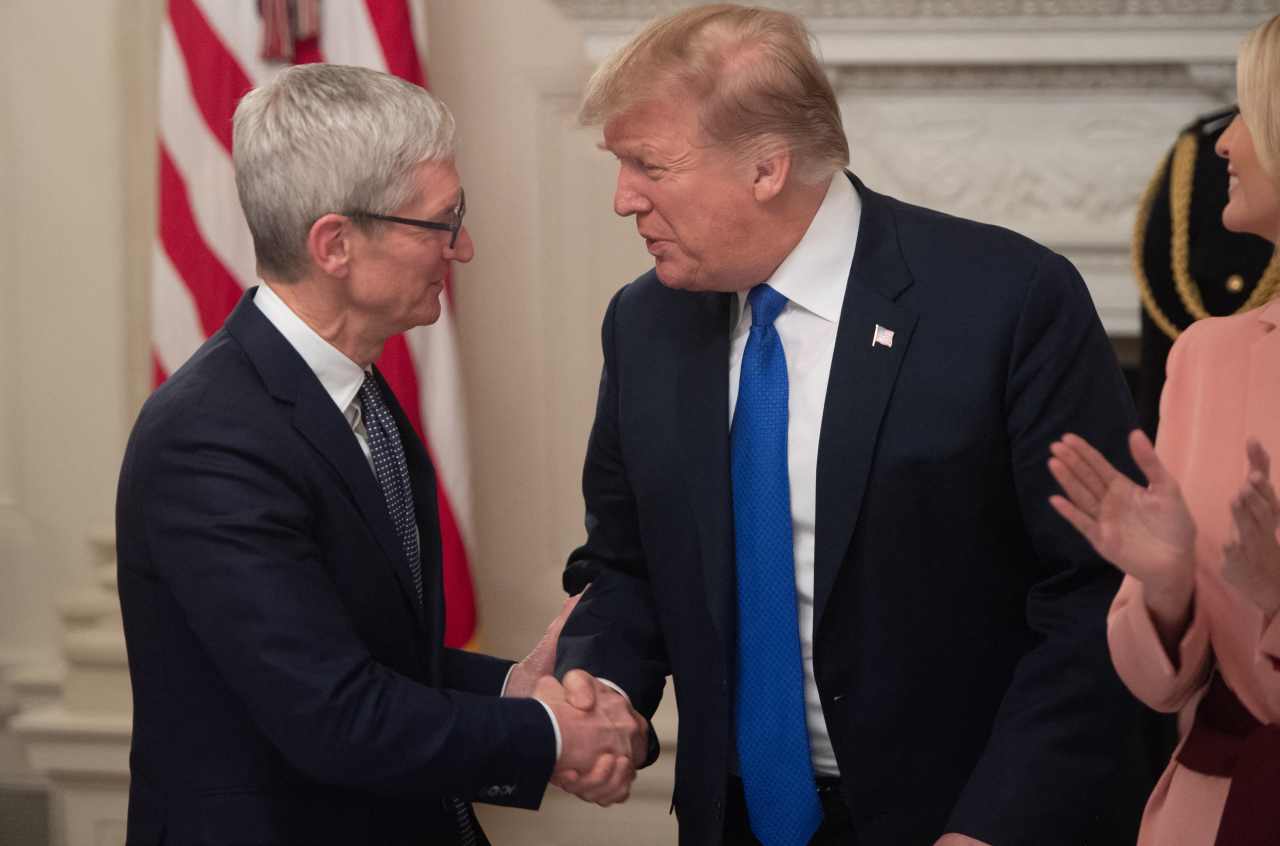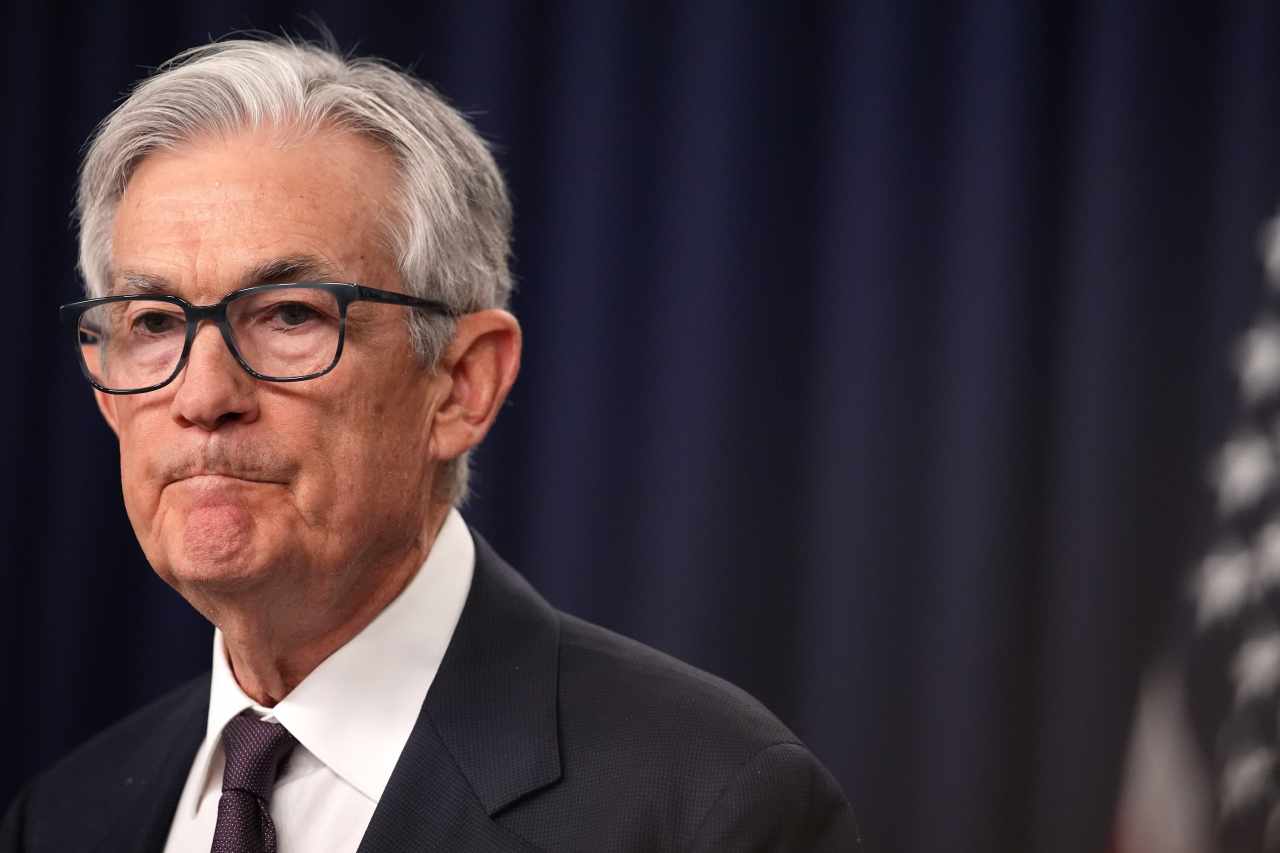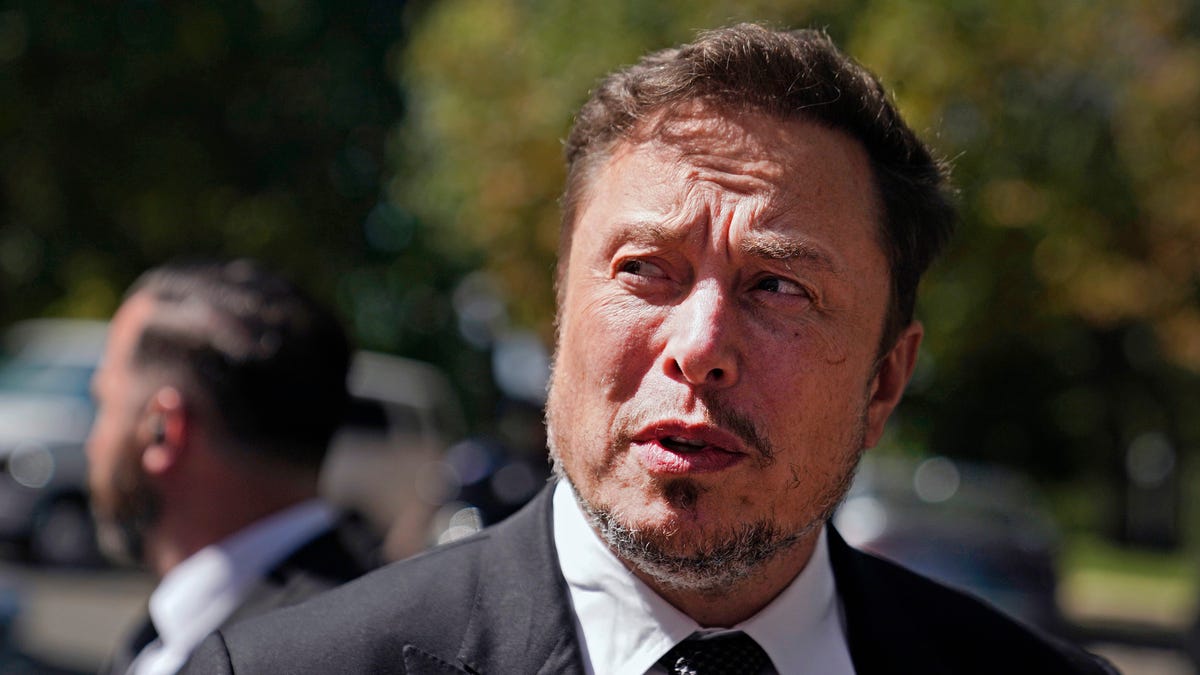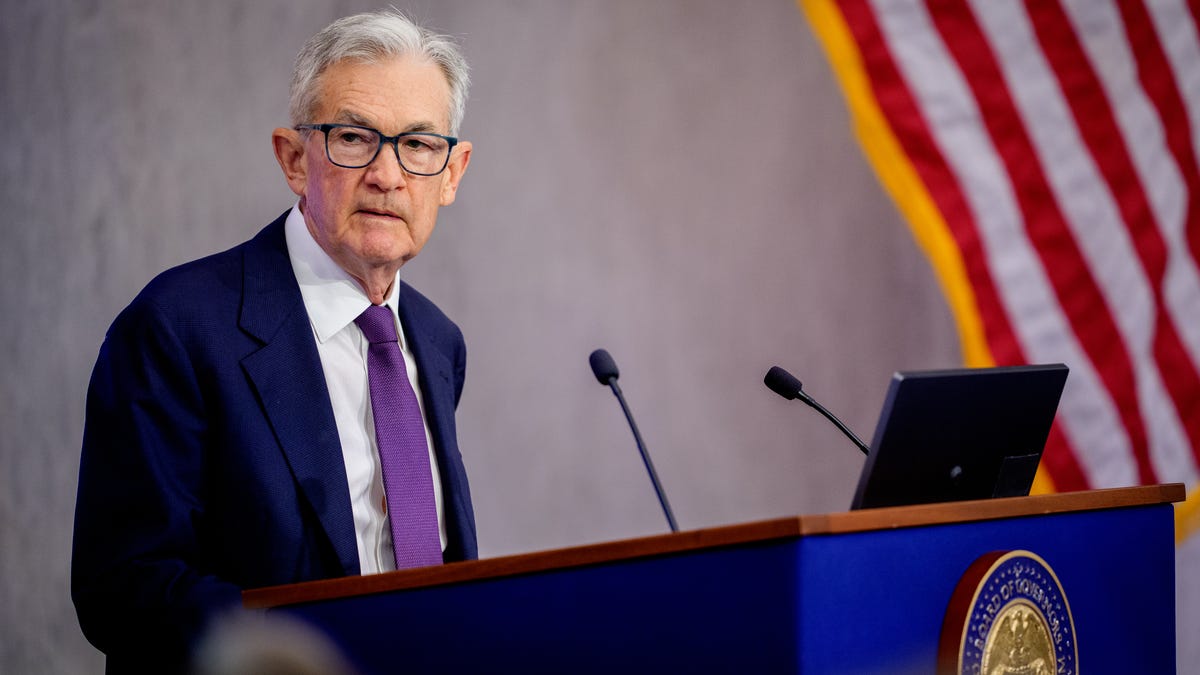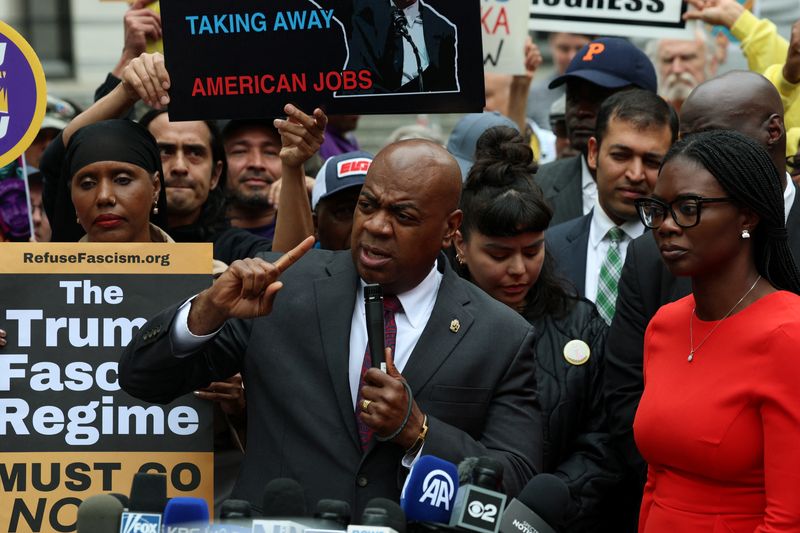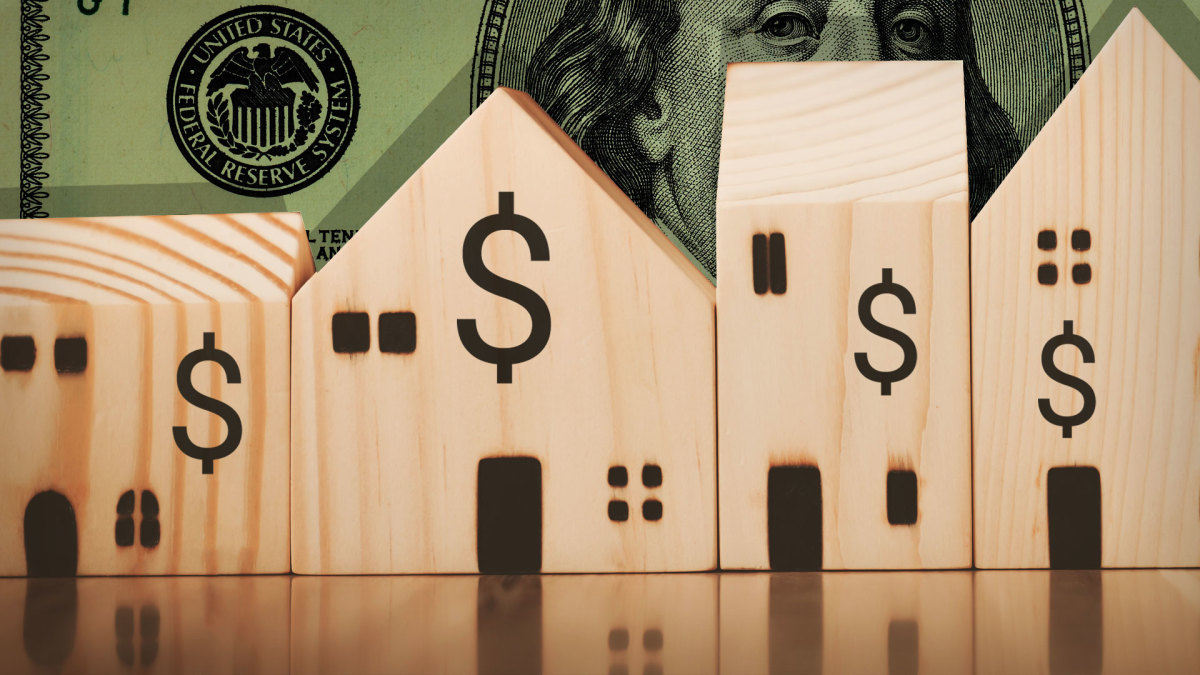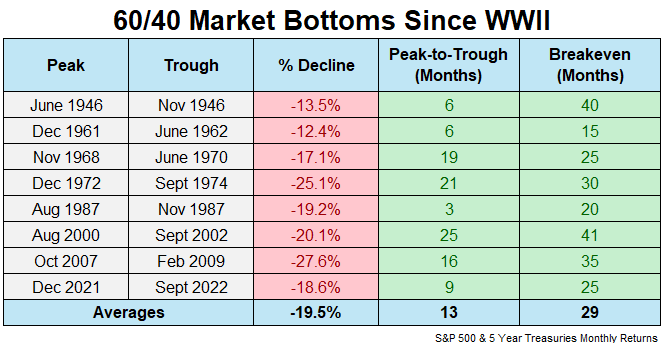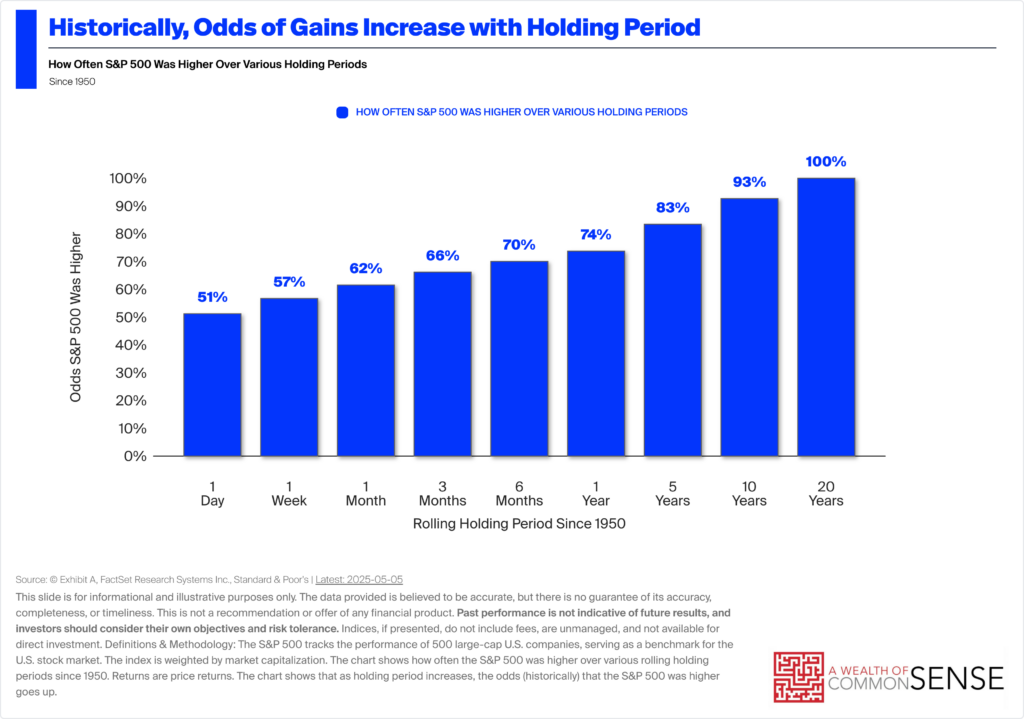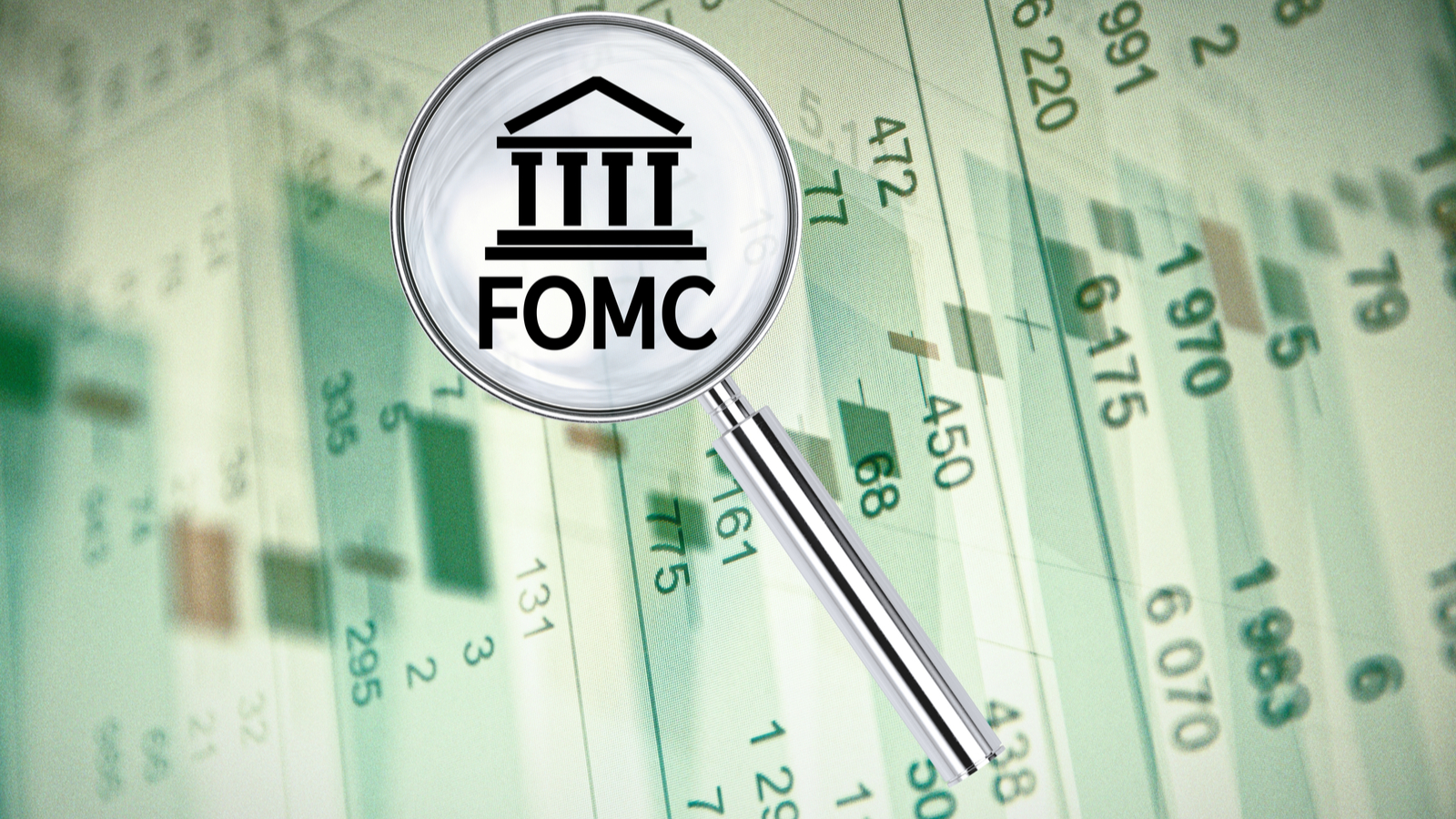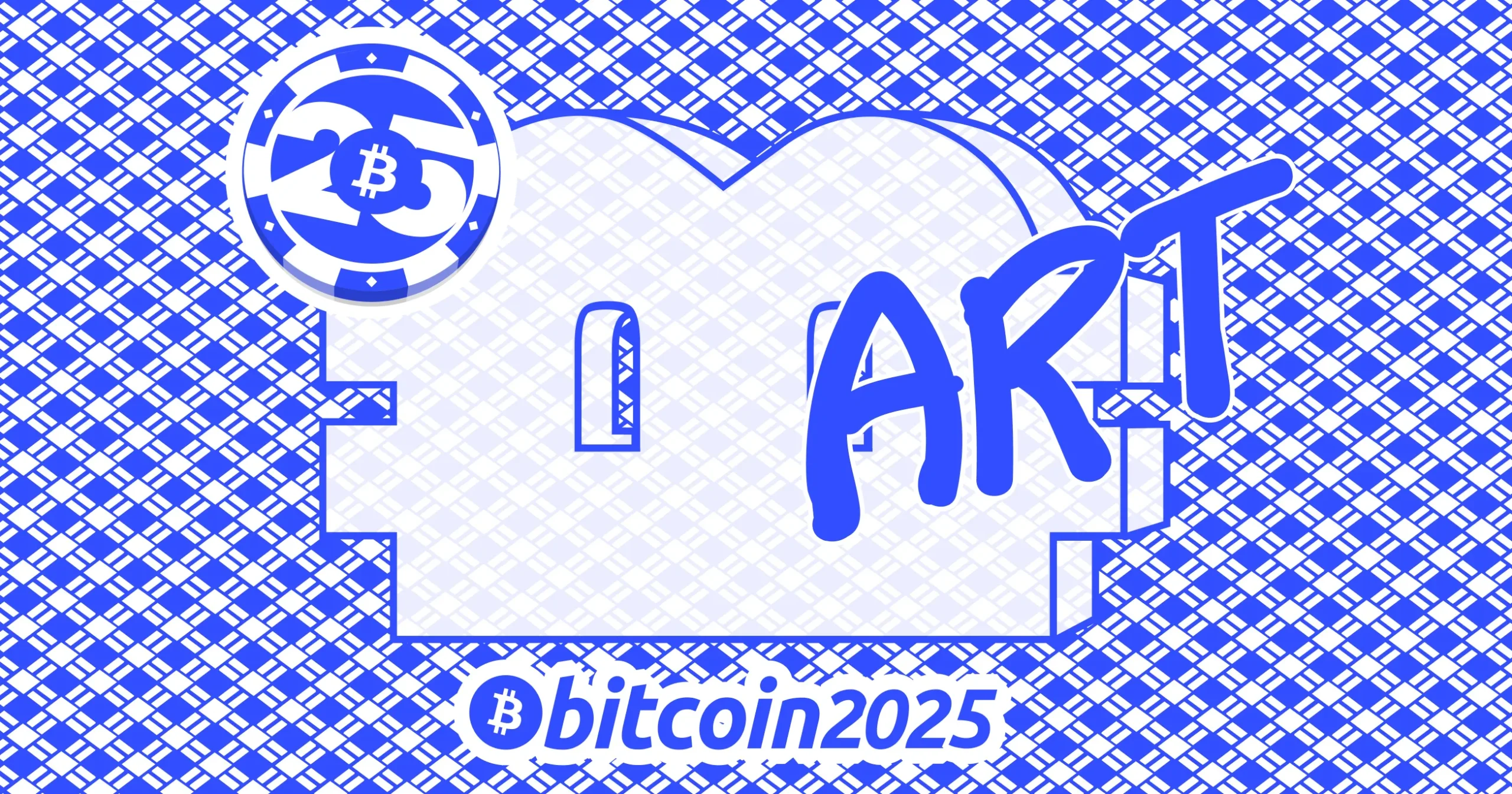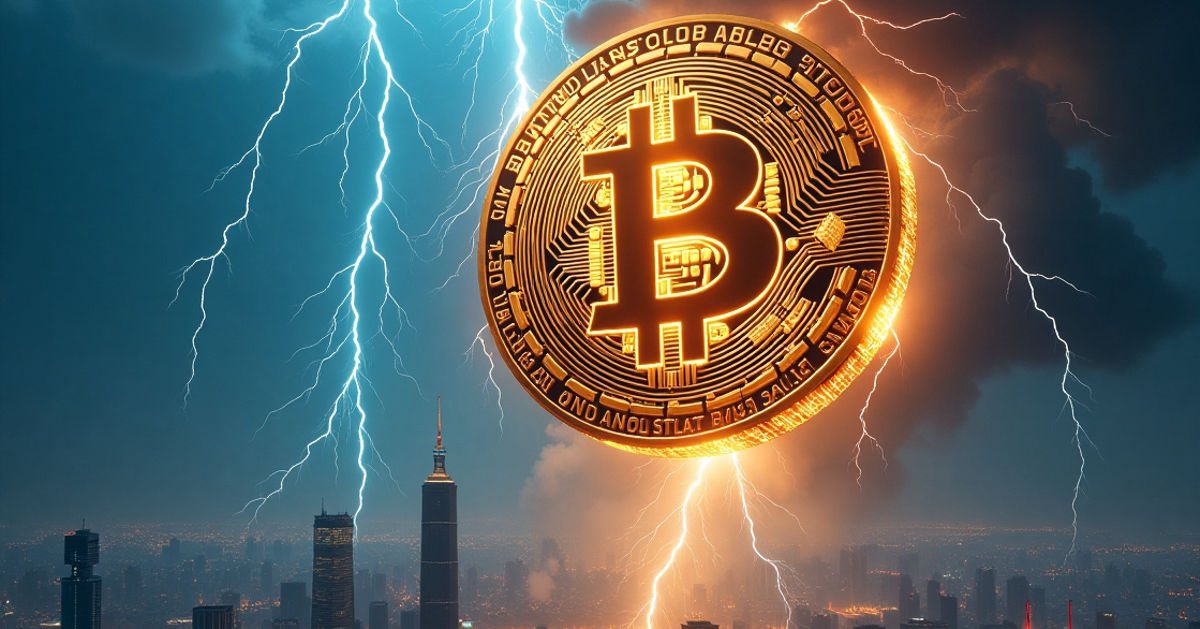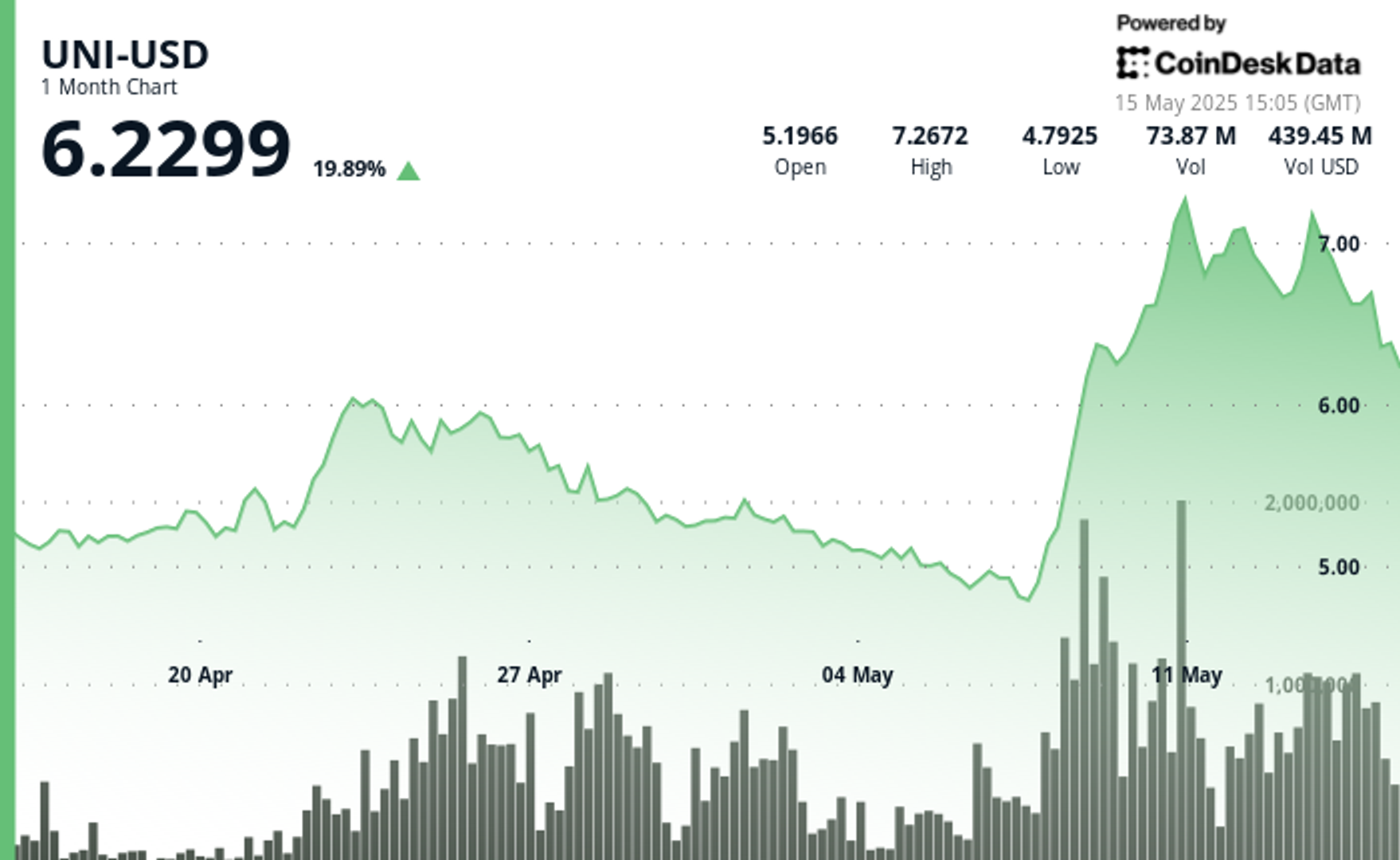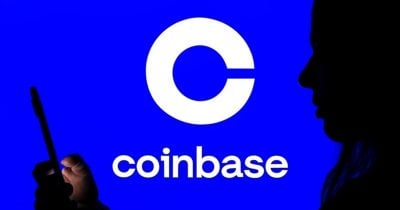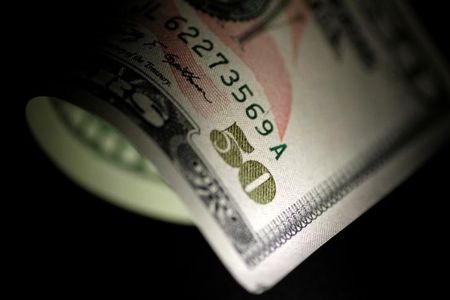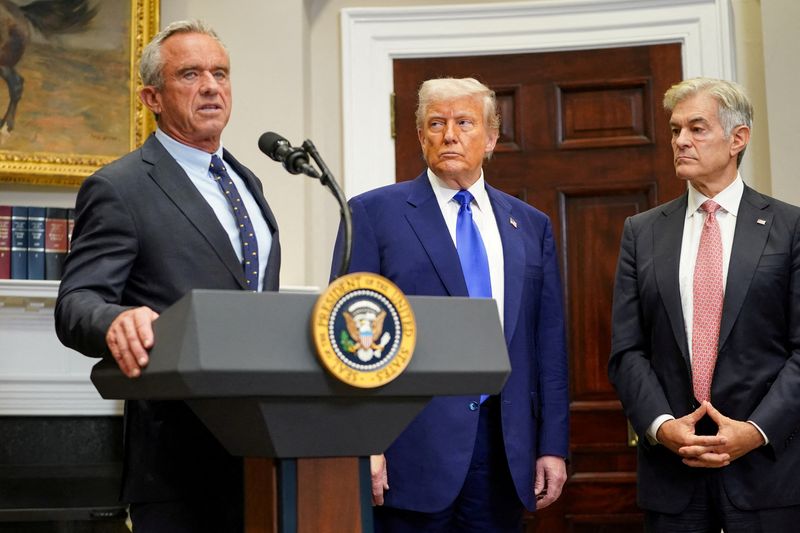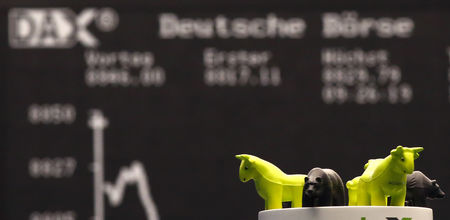The stablecoin legislation still being pushed in Congress risks sowing the seeds of a financial crisis
Stablecoins can be extremely volatile despite their name, and the dangers they pose to the economy don’t stop there.
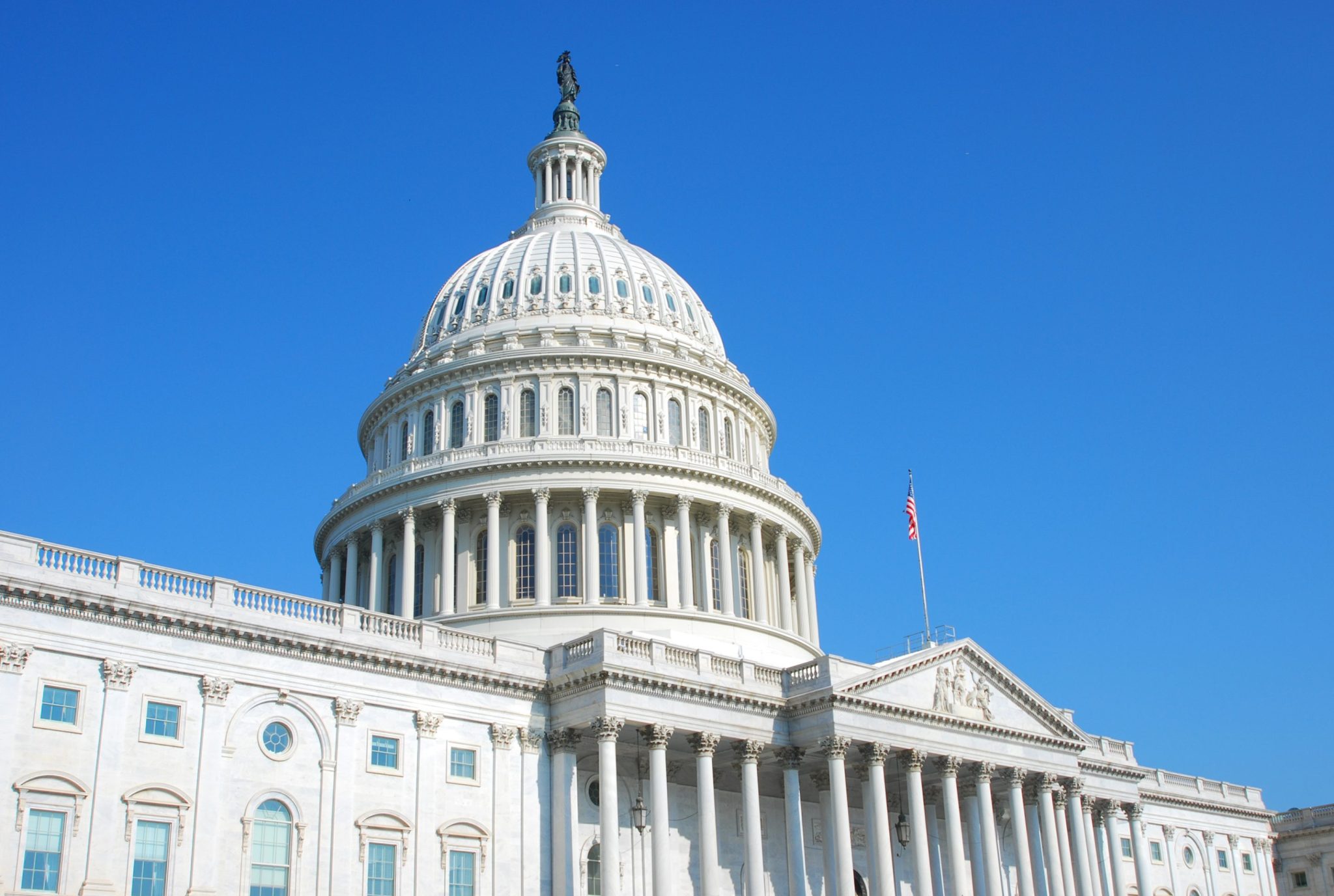
Right now, American consumers and businesses alike are experiencing economic pain and massive uncertainty thanks to the Trump administration’s policies, including costly tarrifs, and the reckless gutting of government programs and services and rules designed to protect the stability of our financial system. Signs of an economic slump may have abated somewhat, but concern is still warranted. Meanwhile, the value of the U.S. dollar on the world stage continues to fluctuate.
This seems like a particularly bad time for Congress to consider legislation that could further undermine our economy and cheapen the U.S. dollar. Yet, some members of the House and Senate have been doing just that by pushing forward legislation that would create a weak regulatory regime for stablecoins: digital assets or “cryptocurrency” with a value claimed to be reliably equivalent to official currency like the American dollar.
The absurdity of this legislative move—now or perhaps ever—is finally dawning on a group of Democrats in the Senate, some of whom previously supported the legislation. Their wise choice last week to at least slow down this legislation was triggered in part by a desire to disassociate themselves from what lawmakers like Sen. Lisa Blunt Rochester see as the president’s self-dealing attempts to personally benefit from a new crypto regime, including by selling his meme coins to foreign-based investors who hope to gain favor with the administration.
Stablecoin risks
Despite their name, stablecoins can be extremely volatile. Their trading values fluctuate and some have even collapsed. Bad actors have used them for money laundering and to finance sex trafficking, terrorism, and other criminal activities. They’ve also been used in fraud.
The proposed legislation—the GENIUS Act in the Senate and the STABLE Act in the House—doesn’t change the essential truth about stablecoins and other crypto assets. Namely, while many transactions may be listed on a blockchain publicly accessible via the internet, others occur off-chain, effectively in private. As for on-blockchain transactions, there are thousands of blockchains, making it complex and time-consuming to conduct related searches across them all, especially for banks or other firms that regularly conduct due diligence as part of their business. And the people behind the transactions aren’t disclosed on the blockchain, so the viewer knows nothing about who engaged in the transactions or for what purposes.
The crypto industry wants to keep it that way. Their allies in Congress have rejected proposals to ensure stablecoin issuers and exchanges follow the same rules as banks.
Banks have to follow strict guidelines about who they can take money from and how they can use it. These rules, while imperfect, protect consumers and the economy from fraud, frequent bank collapses, and the financing of terrorists.
Stablecoins present some of the same risks plus many new ones.
Equally concerning, if corporations or social media platforms issue stablecoins, consumers could be encouraged to buy and store them with the company in hopes of taking advantage of special offers. The legislation contains language purportedly limiting such ties, but loopholes persist. If such corporations teeter financially, consumers might rush to redeem their stablecoins all at once, potentially triggering a chain reaction in the financial system that could ultimately threaten the stability of traditional banks.
Financial instability
What’s more, if Congress greenlights the weak government regulatory regime laid out in the current proposed legislation, it would give stablecoins a deceptive sheen of legitimacy. Financial stability at large could be threatened as consumers withdraw their bank deposits and money market fund assets in order to buy stablecoins, reducing the funds that banks and funds use to finance American businesses and households.
Sponsors of the stablecoin legislation promise it will provide the guardrails necessary to avoid disaster, but backers have rejected nearly all the amendments proposed to ensure transparency, separation of commerce and banking, and other rules banks live by.
Financial instability emanating from poorly regulated stablecoins (or other crypto assets) is a serious risk. Should a financial crisis happen—even a small one—the deregulation, dismantling, and disarray that our federal government is experiencing thanks to the Trump administration and Elon Musk’s Department of Government Efficiency (DOGE) could delay the recovery and rescue efforts Americans expect from financial regulators.
The GENIUS and STABLE acts could help make the president and the crypto industry a fortune. But they would also create an inadequately regulated, less transparent alternative banking system that could further threaten our economy. That’s not what American families and businesses need, especially right now.
The opinions expressed in Fortune.com commentary pieces are solely the views of their authors and do not necessarily reflect the opinions and beliefs of Fortune.
Read more:
- America must harness stablecoins to future-proof the dollar
- Bank of America’s CEO says stablecoins are coming very soon
- Exclusive: Meta in talks to deploy stablecoins three years after giving up on landmark crypto project
- Figure gains SEC approval for first interest-bearing stablecoin launch
This story was originally featured on Fortune.com
























